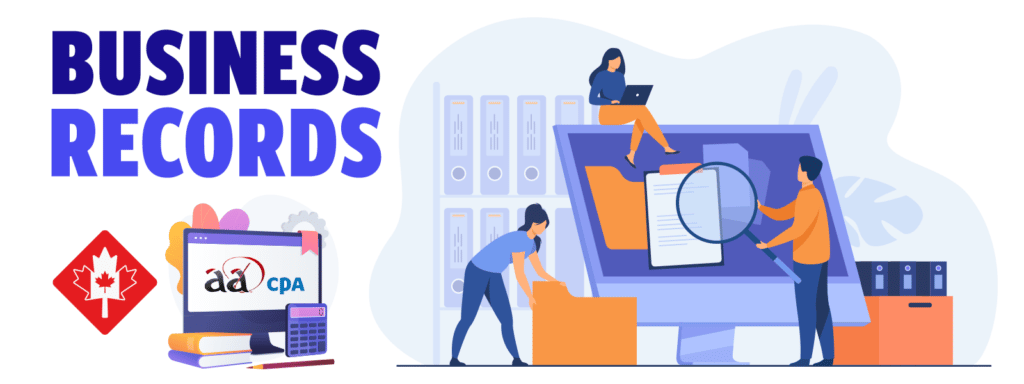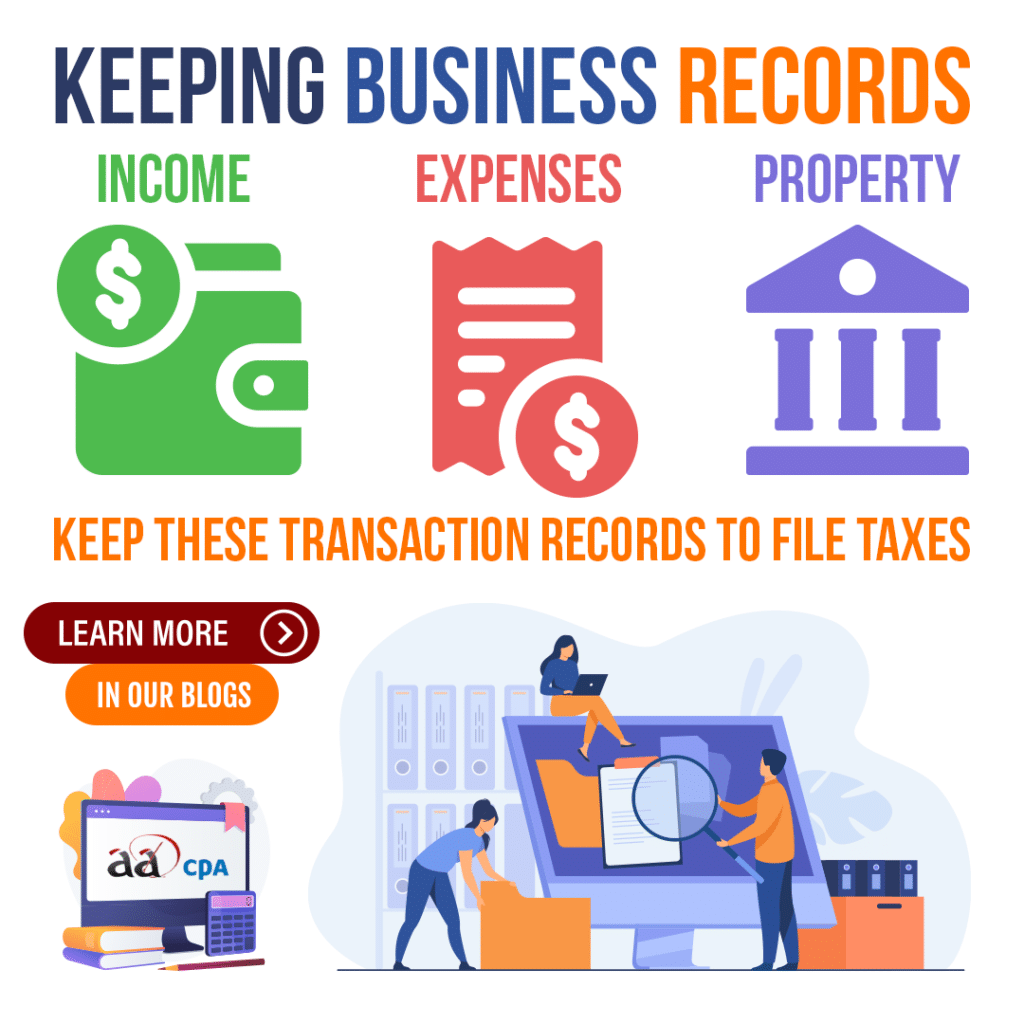Breaking Down the Business Transaction Records Needed for Your Future Tax Filing as per the CRA
According to Canadian tax law, you are required to keep transaction records for any claims regarding income and expenses. Any proof of transaction may be required and include accounts, agreements, books, invoices, letters, memos, returns, statements, vouchers, and other information.
The simplest way to stay ahead of this requirement is to keep track of income and expenses daily. This is expected of every business to adopt an appropriate bookkeeping and recording system. Maintaining bank information including deposit slips, bank statements, and cheques is required as well. Keeping a digital track of your records may prove to be effective, but make sure they are clear enough for the CRA.
Income Records
Keeping track of your business’s gross income earned is extremely important. This is your total income before deducting any expenses and must include the date, amount, and source of income.
Tracking the income is required regardless of whether it is through cash, property, or services. Each transaction should have the original documents maintained.
Types of Transaction Records Needed for Income
- Sales Invoices
- Cash Register Tapes
- Receipts
- Bank Deposit Slips
- Fee Statements
- Contracts
If you are involved in a farming business, this would include:
- Purchase Tickets from Sales of Grain
- Cheque Stubs from Marketing Boards
For fishers, original documents include:
- Sales Slips for Landings
- Trip Settlement Sheets
- Slips/Records of Sale to Customers
Expense Records
For every purchase, make sure you keep the receipts or vouchers and they should show:
- Date of Purchase
- Name of Seller or Supplier
- Address of Seller or Supplier
- Name of Buyer
- Address of Buyer
- Full Description of the Goods or Services
- If there is no description of the goods or services such as on a cash register tape, write a description of the goods and or services instead.
- Vendor’s Business Number (if applicable)
If you did not receive a receipt, note down the name, address, amount paid, and the date of the payment in your own records.
Property Transaction Records
Keep detailed records of any properties that you’ve bought and sold. These records must show who sold you the property, the cost, and the date of purchase. Use this information to calculate your capital cost allowance among other amounts. For a sale or trade of a property, record the date you sold or traded it and the amount of payment or credit from the sale or trade-in.
For more information on this topic, visit the CRA’s page on Keeping Records here.


